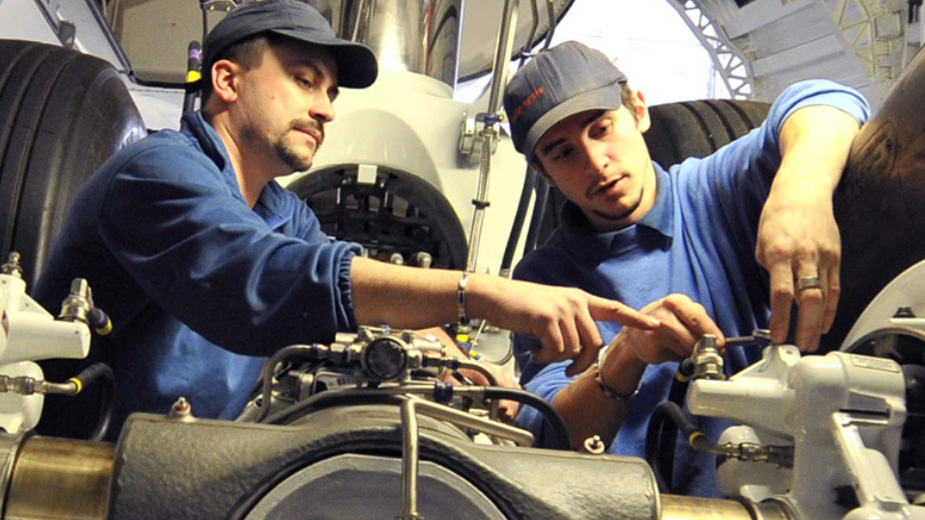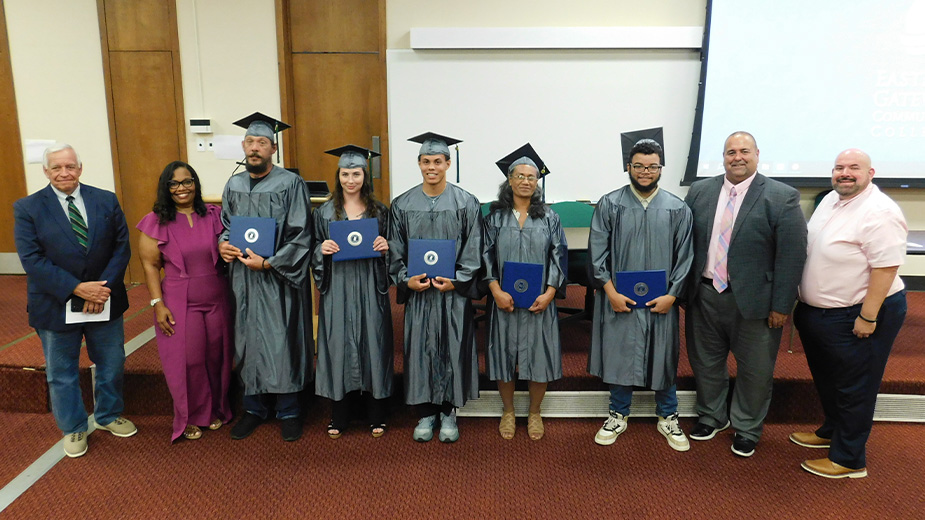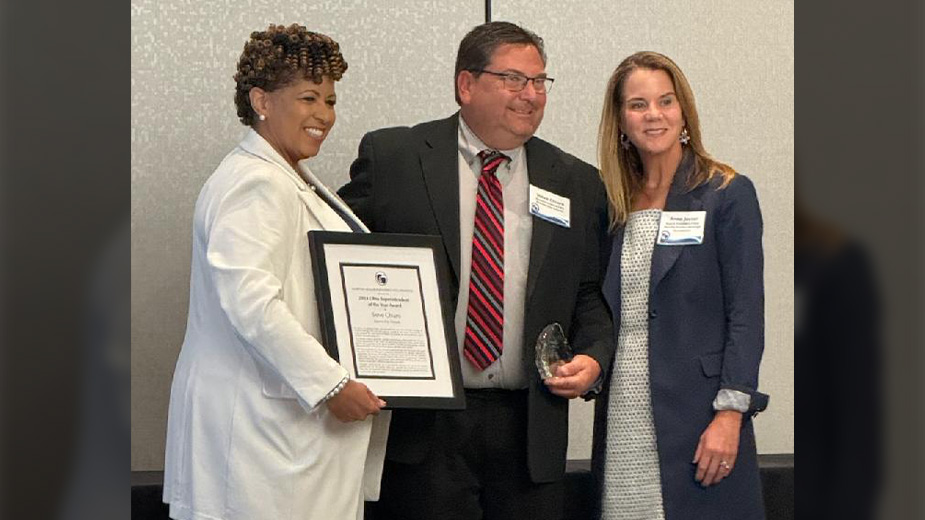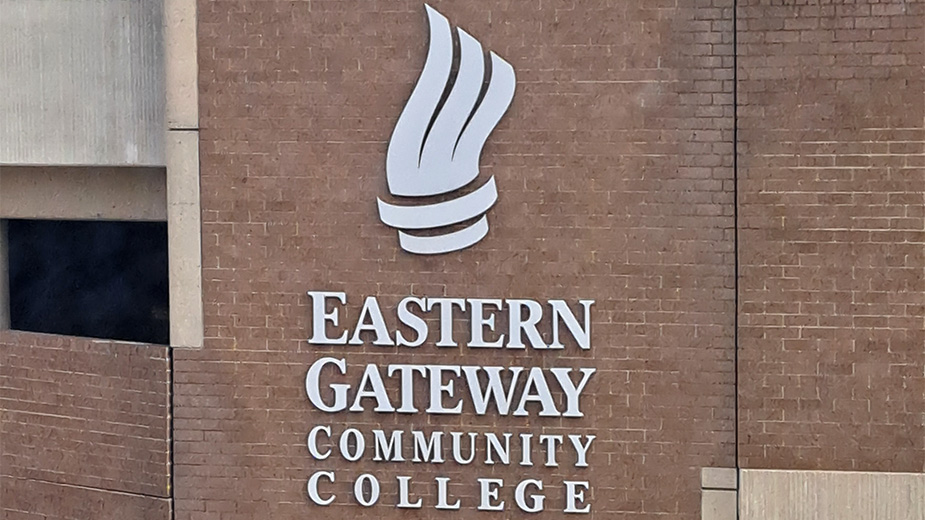Manufacturers Coalition Keeps Focus on Schools
CANFIELD, Ohio – With the resurrection of machining programs and rising enrollment at vocational schools in the region, the next step in creating a job-ready industrial workforce is encouraging high school students into the field.
At the Mahoning Valley Manufacturers Coalition quarterly meeting Friday, Leetonia schools superintendent Rob Menho announced his district will develop a manufacturing curriculum for its students. Half of the district’s graduates go on to college, he said, but it’s the other half who must be prepared for other careers.
The program, developed in conjunction with InventorCloud, will include Manufacturing Skill Standards Council modules, Occupational Health and Safety Administration training and parts of the InventorCloud curriculum.
“We have to make sure we reach all kids, not just the ones who want to go to college. We have to present them with opportunities for, and prepare them for, career success,” said Joe Jeswald, an education consultant with InventorCloud. “This is a great option for the other 50% of kids to consider.”
Jeswald is working with Leetonia schools to develop the curriculum and was seeking reaction from employers at the meeting. The biggest challenge in starting such a program is ensuring that students are doing the work that will prepare them for jobs.
“We can create programs for educators or a curriculum without input from the employers, but they won’t be as successful,” he said. “When our kids leave and graduate from trade school or with a degree, we want them to have the abilities the employers tell us they have to have.”
To further spur high school students into machining and welding programs, the coalition announced the creation of five $1,000 scholarships to be awarded to students in those programs at the Columbiana Career and Technical Center, Mahoning County Career & Technical Center, Trumbull Career & Technical Center or Eastern Gateway Community College.
Reaching students early, even as early as elementary school, is essential to developing and sustaining the workforce needed, noted Ryan Burgess, director of Ohio’s workforce transformation office.
“It needs to start in the K-12 group,” he said. “We need to show kids the careers that exist within manufacturing and dispel some of the misconceptions about the industry. It’s high-tech and they have to have these skills to get a manufacturing job.”
In 2015, thanks to several grants, the technical centers in Mahoning, Trumbull and Columbiana counties expanded or revived their manufacturing programs.
Trumbull Career & Technical Center expanded its program, now in its third cohort of students, to a full program after several years of offering classes only part-time. The Mahoning County center received $450,000 from the Robotics and Advanced Manufacturing grant and the Columbiana County school brought back its program after an Industry Workforce Alliance grant.
“Without the grant, we probably wouldn’t have been able to start the machining program back up again,” said Kelly Darney, adult education director at the vocational school. “We hadn’t offered it for about two years, but with the help of MVMC and the grant, we could work with employers and push a more common curriculum.”
The program has seven students this school year. Funds from the grant allow it to offer 11 certification tests.
As part of the Regionally Aligned Priorities in Developing Skills grant, the region will get $2.3 million to buy training equipment for students, said Youngstown State University professor Darrell Wallace. That includes CNC lathes and mills, engine lathes, simulation trainers and a power press.
He added that it was surprising that with all the metal forming companies in the region, no school in the area had the equipment to train students on the machines used. With the grant, a CNC press will be bought and available for students to use at all schools.
Over the course of 2016, the manufacturers coalition will focus on five areas, said sector partnership coordinator Jessica Borza: apprenticeship programs, career pathways, sharing resources, employer engagement and coordinating and developing funds.
“We’re researching best practices and looking at new ways apprenticeships can be more competency-based, more streamlined, easier for employers to access and creating toolkits for employers, educators and counselors,” she said.
With a $3 million grant, the group is beginning a program to reimburse employers for starting apprenticeships over the next five years. Thirty-five businesses have shown interest so far, she added.
Copyright 2024 The Business Journal, Youngstown, Ohio.



